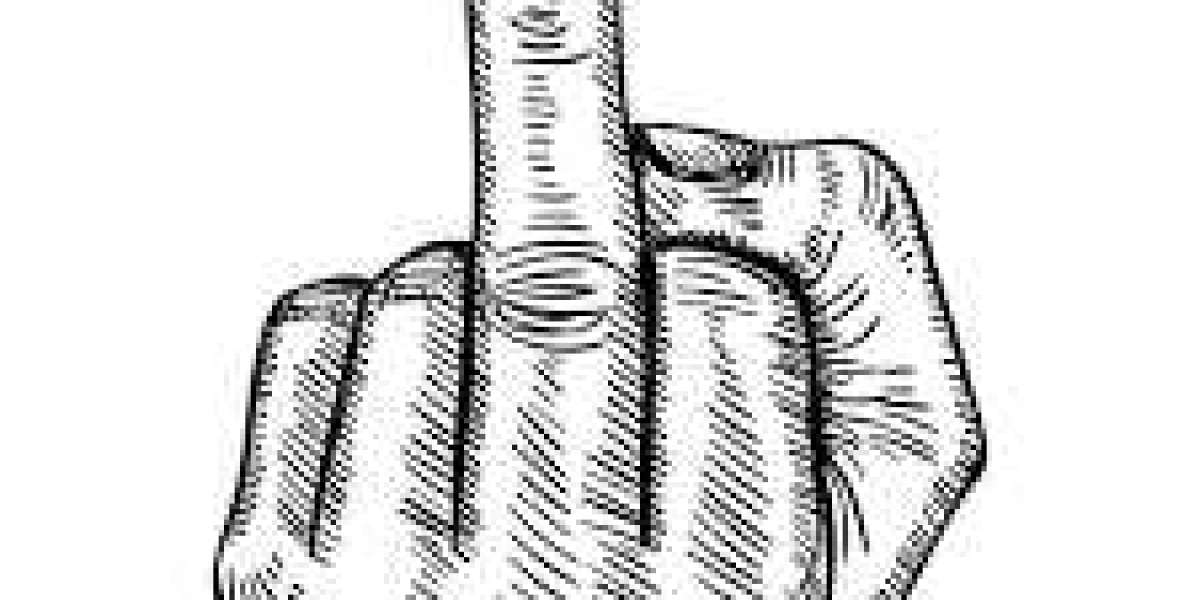The internet is vast and multifaceted, with its most well-known and accessible parts forming what is often referred to as the surface web. However, beyond the reach of conventional search engines lies the deep web, and within this deeper layer is the dark web—a hidden and often misunderstood part of the digital world. This article delves into what the dark web is, how it operates, and the reasons behind its notoriety.
What is the Dark Web?
The dark web is a small portion of the deep web, which itself encompasses all parts of the internet not indexed by traditional search engines like Google or Bing. Unlike the deep web, which includes harmless and necessary data like medical records and academic databases, the dark web is characterized by its anonymity and often illicit activities.
Accessing the dark web requires specific software, most notably Tor (The Onion Router). Tor enables users to access websites with .onion addresses, ensuring anonymity by routing communications through a complex, encrypted network of volunteer-operated servers.
How the Dark Web Operates
- Anonymity and Encryption: The core feature of the dark web is its robust anonymity. Tor and similar networks encrypt data and use multiple nodes to obscure the user's IP address, making tracking difficult.
- Decentralization: The dark web is decentralized, with no single entity controlling it. This decentralization is a double-edged sword—it provides privacy and freedom but also creates a haven for illegal activities.
- Cryptocurrency: Transactions on the dark web often use cryptocurrencies like Bitcoin. These digital currencies offer an additional layer of anonymity, making it harder to trace transactions back to individuals.
The Dual Nature of the Dark Web
The dark web is infamous for its association with criminal activities, but it also serves legitimate purposes:
- Illicit Activities:
- Drug Trade: Online marketplaces like the infamous Silk Road have facilitated the sale of illegal drugs.
- Weapons and Contraband: The dark web hosts markets for illegal weapons, counterfeit currencies, and stolen goods.
- Cybercrime: It is a hub for hacking services, stolen data, and various forms of cyber fraud.
- Human Trafficking: Disturbingly, the dark web is used for human trafficking and the distribution of child pornography.
- Legitimate Uses:
- Privacy Advocacy: For individuals in oppressive regimes, the dark web provides a platform to communicate freely without fear of government surveillance.
- Whistleblowing: Platforms like SecureDrop allow whistleblowers to share information with journalists securely and anonymously.
- Freedom of Speech: Activists and journalists use the dark web to bypass censorship and communicate safely.
Risks and Challenges
While the dark web offers unparalleled privacy, it also presents significant risks and challenges:
- Legal Risks: Engaging in illegal activities like Suicide methods on the dark web can lead to severe legal consequences, including imprisonment and hefty fines.
- Security Threats: The dark web is rife with scams, malware, and phishing attacks. Unsuspecting users can easily fall victim to cyber threats.
- Moral and Ethical Concerns: The dark web's facilitation of illegal and unethical activities poses moral dilemmas and challenges for law enforcement agencies worldwide.
Law Enforcement and the Dark Web
Law enforcement agencies globally are intensifying efforts to monitor and regulate the dark web. Operations like the takedown of Silk Road and the arrest of its founder, Ross Ulbricht, demonstrate the ongoing battle between authorities and dark web criminals. However, the anonymity and decentralization of the dark web make it a challenging arena for law enforcement.
Conclusion
The dark web is a complex and multifaceted part of the internet, offering both opportunities for privacy and freedom and a haven for illicit activities. As technology evolves, the dark web will continue to challenge our understanding of privacy, security, and ethics in the digital age. Understanding its dual nature is crucial for navigating the balance between protecting individual freedoms and maintaining societal security.







